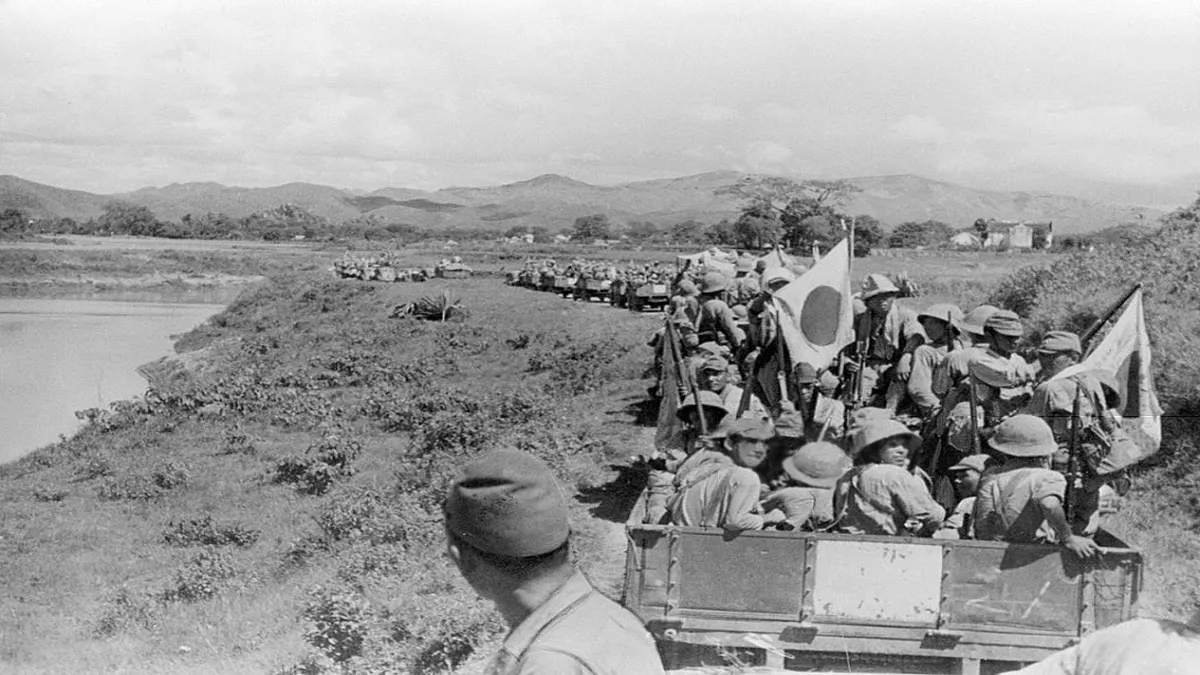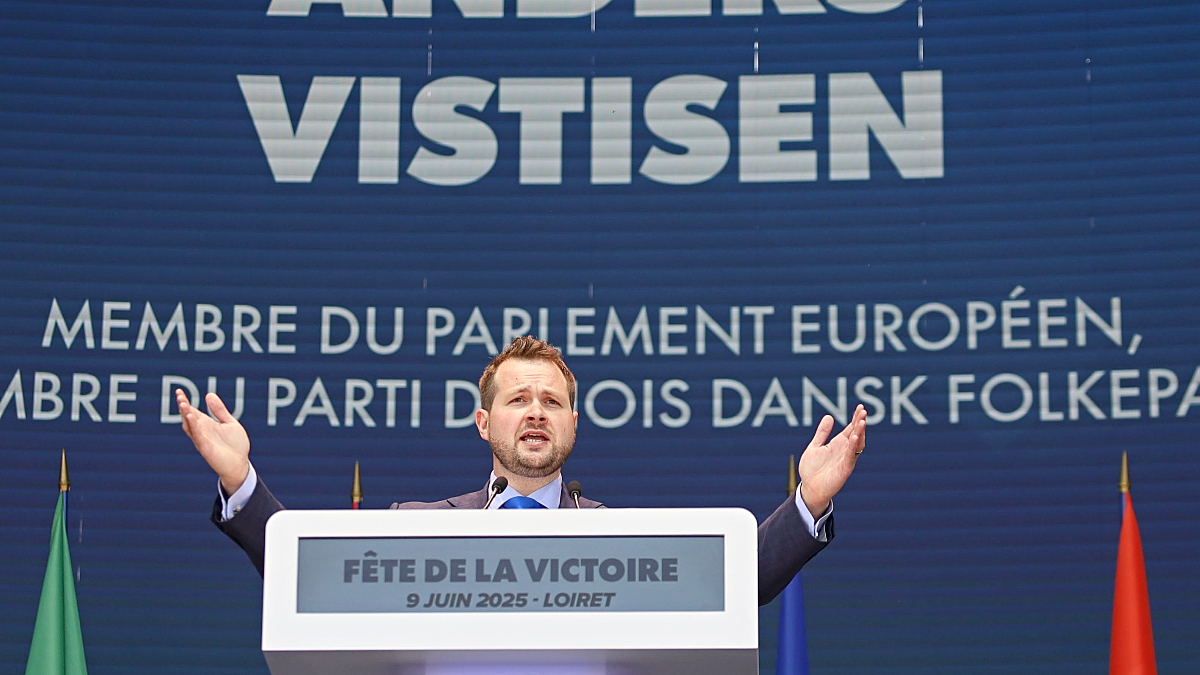Within the vastness of what you can study about World War II lies the country of Vietnam, a small, French-occupied country that borders Thailand and lies coastal to the South China Sea.
A few decades after WWII, Vietnam’s communist beliefs had spread throughout the country, sending America to war with it out of fear of communist spread, but in the 1940s, it fell victim to the occupation of the empire of Japan. Japan’s influence over Asia during World War II was massively violent. Its tactic of invading Vietnam had a lot to do with China, and its main goal with the occupation was to put a stop to China importing guns and fuel through a region called “French Indochina.”
Like Japan’s ally Germany, whose invasion of France has fueled history books, Japan ultimately took Vietnam, which was under French rule at the time. Japan forced France to let go of the rule it had over Vietnam in the early 1940s. By August of 1945, Japan had at last surrendered to Allied forces. To capitalize on this opportunity, Vietnam’s communist leader, Ho Chi Minh, declared independence from the rule of Japan and France for decades. All of this is titled the August Revolution, a two-week-long uprising that propelled the country forward.
Even as wars end, the ripple effect can create global issues down the road for the next conflict. The revolution that Vietnam had as it declared its independence post-World War II put it in the sights of U.S. foreign policy. This, of course, could be read as the first sign of what would become a conflict that later led to the Vietnam War.











Published: May 7, 2024 04:00 pm